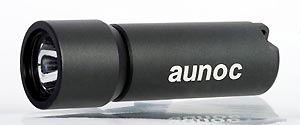- Home
- Directory
- Shop
- Underwater Cameras - Photographic Accessories
- Smartphone Housings
- Sea Scooters
- Hookah Dive Systems
- Underwater Metal Detectors
- Dive Gear
- Dive Accessories
- Diving DVD & Blu-Ray Discs
- Diving Books
- Underwater Drones
- Drones
- Subscriptions - Magazines
- Protective Cases
- Corrective Lenses
- Dive Wear
- Underwater Membership
- Assistive Technology - NDIS
- On Sale
- Underwater Gift Cards
- Underwater Art
- Power Stations
- Underwater Bargain Bin
- Brands
- 10bar
- AirBuddy
- Akona
- AOI
- Apollo
- AquaTech
- Atomic Aquatics
- aunoc
- AxisGo
- Backscatter Underwater Video and Photo
- BLU3
- Buddy-Watcher
- Cayago
- Chasing
- Cinebags
- Contour
- Deepblue
- Devilite
- Digipower
- DJI
- Dyron
- Edge Smart Drive
- Eneloop
- Energizer
- Exotech Innovations
- Fantasea
- FiiK Elektric Skateboards
- Fotocore
- Garmin
- Geneinno
- GoPro
- Hagul
- Hoverstar
- Hydro Sapiens
- Hydrotac
- Ikelite
- Indigo Industries
- Inon
- Insta360
- Intova
- Isotta Housings
- Jobe
- JOBY
- Kraken Sports
- LEFEET
- Marelux
- Mirage Dive
- Nautica Seascooters
- Nautilus Lifeline
- NautiSmart
- Nitecore
- Nocturnal Lights
- Nokta Makro
- Ocean Guardian
- Oceanic
- Olympus
- OM System
- Orca Torch
- Overboard
- Paralenz
- PowerDive
- QYSEA
- Ratio Dive Computers
- Scubajet
- Scubalamp
- Sea & Sea
- SeaDoo Seascooter
- SeaLife
- Seashell
- Seavu
- Shark Shield
- Sherwood Scuba
- Spare Air
- StickTite
- StormCase
- Sublue
- Suunto
- SwellPro
- T-HOUSING
- Tusa
- U.N Photographics
- Venture Heat
- XTAR
- Yamaha Seascooter
- Youcan Robot
- Zcifi
Coral growth on the Great Barrier Reef drops by 14%
t’s official: the biggest and most robust corals on the Great Barrier Reef (GBR) have slowed their growth by more than 14 per cent since the "tipping point" year of 1990. Evidence is strong that the decline has been caused by a synergistic combination of rising sea surface temperatures and ocean acidification.
A paper* published today (Friday 2 January 2009) in the prestigious international journal Science and written by AIMS scientists Dr Glenn De’ath, Dr Janice Lough and Dr Katharina Fabricius is the most comprehensive study to date on calcification rates of GBR corals.
Calcification is how much skeleton the coral puts down each year. Reef corals create their hard skeletons from materials dissolved in seawater. When large amounts of atmospheric carbon dioxide enter seawater, the resulting chemical changes effectively reduce the ability of marine organisms to form skeletons.
The findings reported in the paper are based on rigorous statistical analyses of annual growth bands from 328 Porites corals from 69 reefs across the length and breadth of the GBR, and extending back in time up to 400 years. The data are from AIMS’ Coral Core Archive (ACCA), the most extensive such collection in the world.
"It is cause for extreme concern that such changes are already evident, with the relatively modest climate changes observed to date, in the world’s best protected and managed coral reef ecosystem," according to AIMS scientist and co-author Dr Janice Lough.
Up to the tipping point in 1990, there were modest fluctuations in calcification, with an annual decline rate recorded that year of 0.3 per cent. However, by 2005 growth was declining by 1.5 per cent per year. On current trends, the corals would stop growing altogether by 2050.
"The data suggest that this severe and sudden decline in calcification is unprecedented in at least 400 years," said AIMS scientist and principal author Dr Glenn De’ath.
"The causes of this sharp decline remain unknown, but our study suggests that the combination of increasing temperature stress and ocean acidification may be diminishing the ability of GBR corals to deposit calcium carbonate," he said.
"Coral skeletons form the backbone of reef ecosystems. Their complexity provides the habitat for the tens of thousands of plant and animal species associated with the reef," co-author Dr Katharina Fabricius said. "Skeleton formation also offsets natural erosion and breakage."
"Previous laboratory experiments and models have predicted that calcification will decline in response to acidification, but here we have shown for the first time that corals are already affected in their natural environment throughout the GBR," Dr Fabricius said.
More carbon dioxide in the oceans causes the oceans’ alkaline/acid balance (their "pH") to shift towards acidic. Oceanic pH has already dropped by 0.1 and could decrease by 0.4 by the end of this century. This is due to the oceans absorbing about a third of the extra carbon dioxide (the main greenhouse gas) that humans have put into the atmosphere.
If projections of a 0.4 decline in pH are correct, this would be "well outside the realms of anything organisms have experienced over hundreds of thousands of years," Dr Lough said. The rate, as well as the magnitude, of changes in ocean chemistry and temperature are of great concern for the future of marine ecosystems.
More acidic oceans will affect many sea creatures, not just coral. All calcifying organisms that are central to the function of marine ecosystems and food webs will be affected, and precipitous changes in the biodiversity and productivity of the world’s oceans may be imminent.
*The Science paper, written by AIMS scientists Glenn De’ath, Janice Lough and Katharina Fabricius, is titled "Declining coral calcification on the Great Barrier Reef". Go to http://www.sciencemag.org/
![]() Contributed by Tim Hochgrebe added 2009-01-17
Contributed by Tim Hochgrebe added 2009-01-17
![]() Login or become a member to join in with this discussion.
Login or become a member to join in with this discussion.

 Pelagian Dive Yacht
Pelagian Dive Yacht
Feel like you're on a private yacht charter with just ten guests. Pelagian cruises the outer reaches of the exquisite Wakatobi region.
Shopfront
-
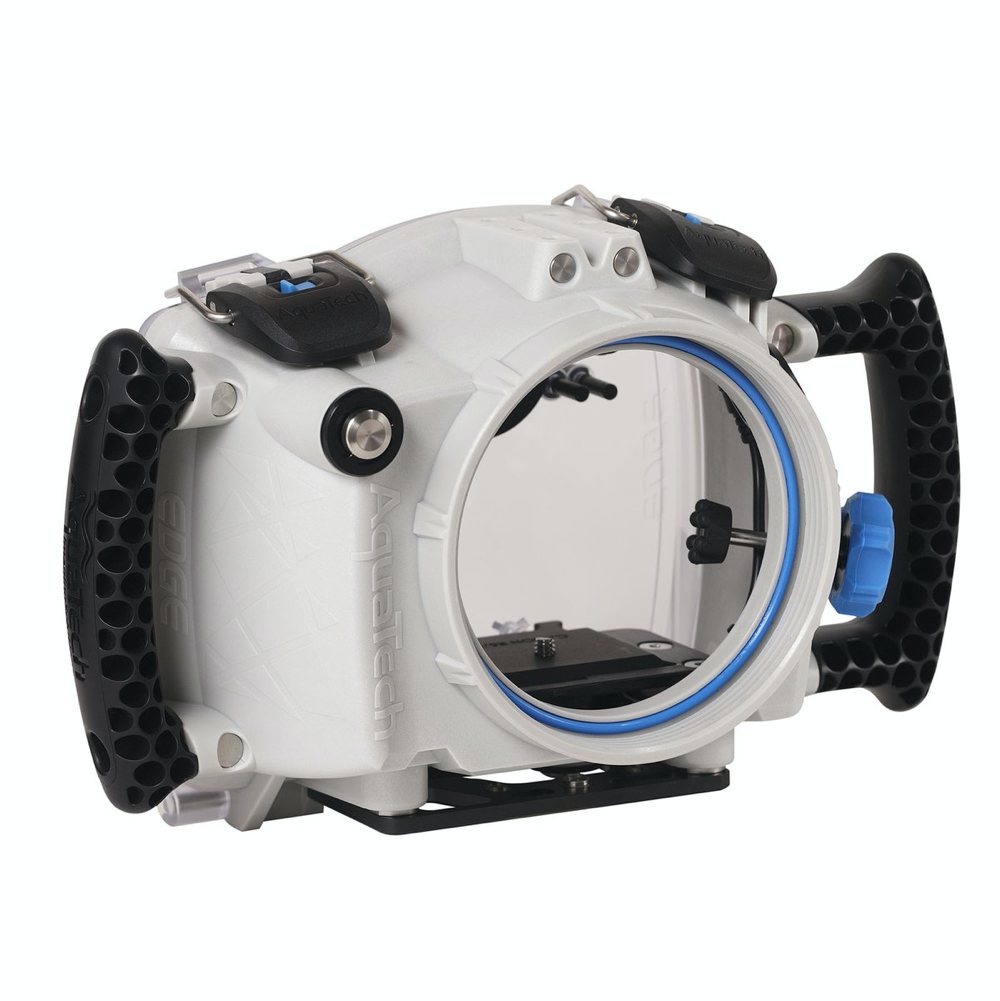 AquaTech EDGE Base Camera Water Housings - Nikon mirrorless
AquaTech EDGE Base Camera Water Housings - Nikon mirrorless
- Price A$ 1,099.00
-
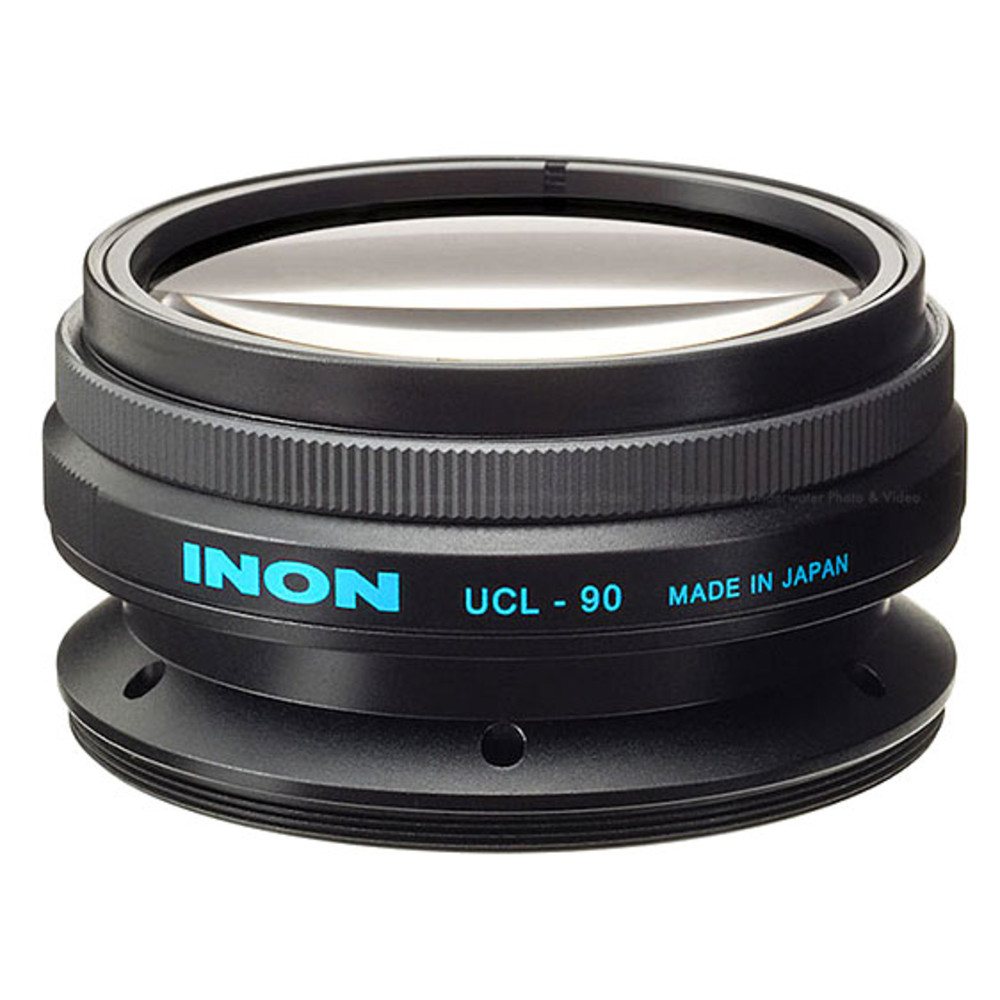 Inon UCL-90 M67 Underwater Close-up Macro Lens +11
Inon UCL-90 M67 Underwater Close-up Macro Lens +11
- Price A$ 499.00
-
 AOI UCS-Q1 Ultra Compact Strobe Q1
AOI UCS-Q1 Ultra Compact Strobe Q1
- Price A$ 539.00
-
 QYSEA Fifish V6 Expert - Underwater Modular Drone Kit
QYSEA Fifish V6 Expert - Underwater Modular Drone Kit
- Price A$ 4,999.00
-
 Sublue Vapor - Pump-Jet Underwater Scooter
Sublue Vapor - Pump-Jet Underwater Scooter
- Price A$ 4,999.00
-
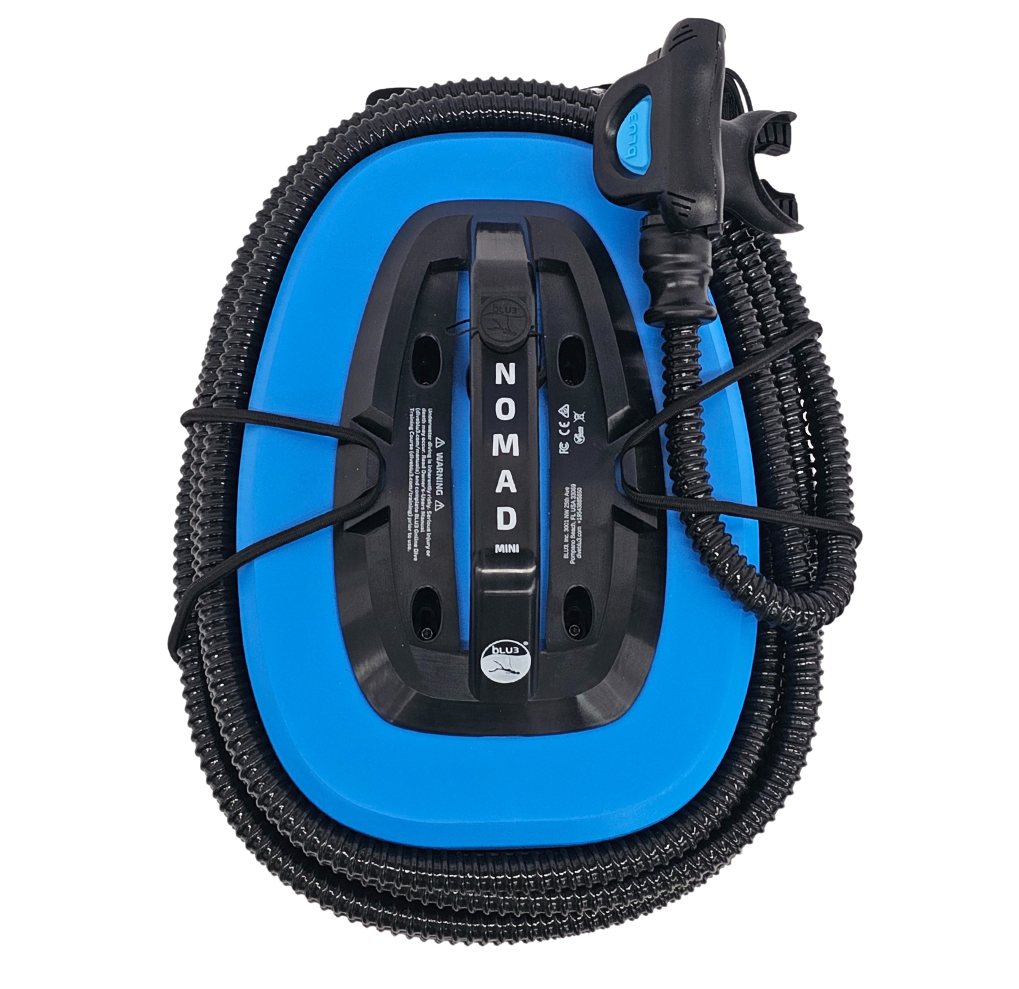 Nomad Mini by BLU3 - Compact dive system - 15 feet
Nomad Mini by BLU3 - Compact dive system - 15 feet
- Price A$ 2,549.00
-
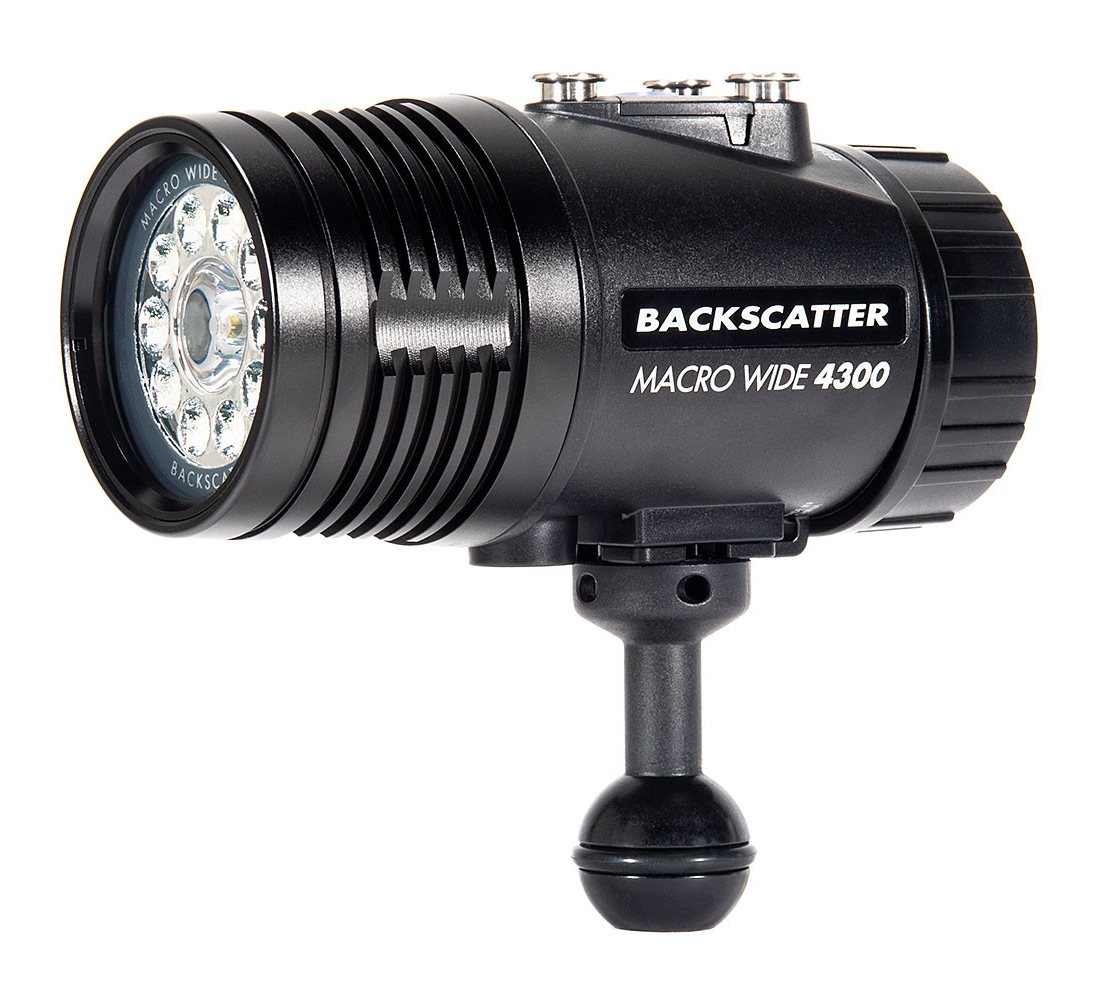 Backscatter Macro Wide 4300 Underwater Video Light MW-4300
Backscatter Macro Wide 4300 Underwater Video Light MW-4300
- Price A$ 889.00
Articles
-
 The Bends
The Bends
by Craig
- Ask any scuba diver what is the one thing they fear most when diving and they will tell you it is the bends. However, if you get a group of divers together they will no doubt joke that '... we will probably all end up bent sooner or later!'. I myself often joked to friends and family that 'I'll probably just end up bent ...' and like most divers I used to think that it would never happen to me ... but it did. I got bent.



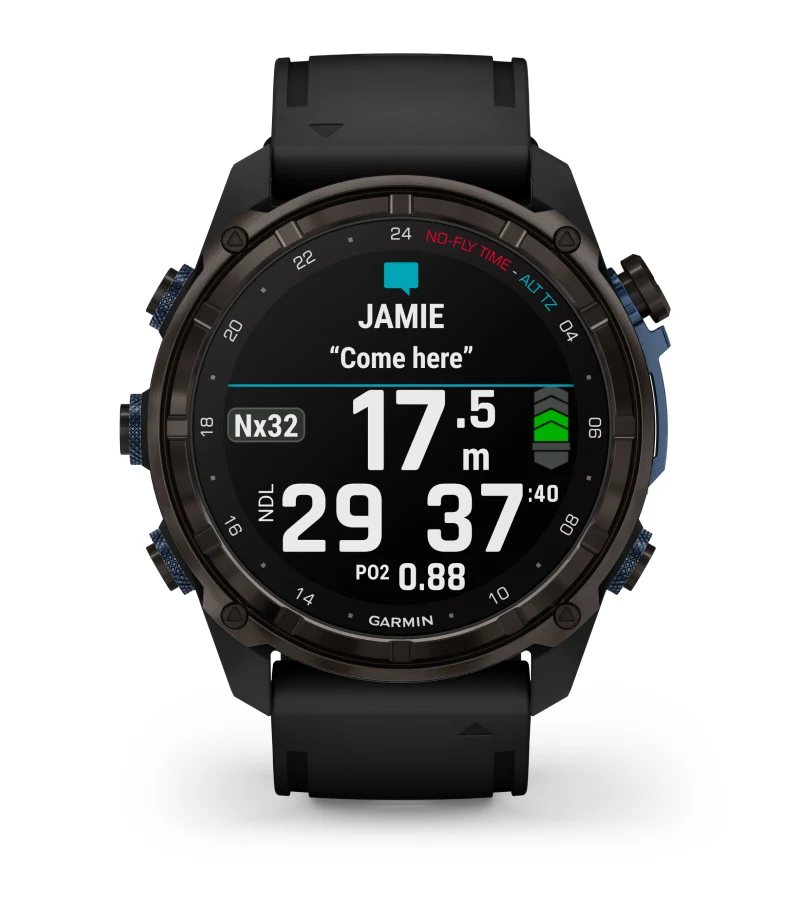 Garmin Descent Mk3i Watch Dive Computer - 51 mm, Carbon grey DLC titanium
Garmin Descent Mk3i Watch Dive Computer - 51 mm, Carbon grey DLC titanium



